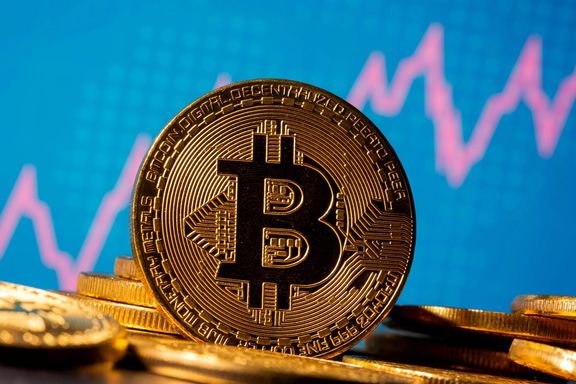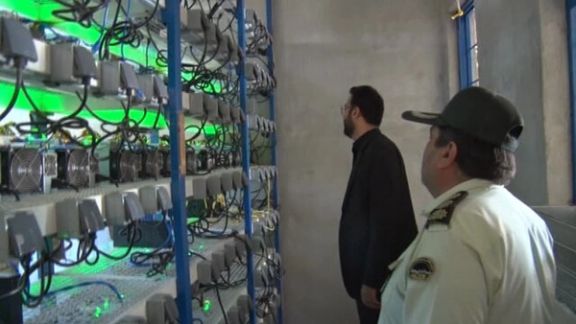Crypto Currency Giant Continued Trades With Iran Amid US Sanctions

Traders in Iran left Binance, the world’s biggest crypto exchange, only late 2021, despite US ‘maximum pressure’ sanctions imposed in 2018, Reuters said Monday.

Traders in Iran left Binance, the world’s biggest crypto exchange, only late 2021, despite US ‘maximum pressure’ sanctions imposed in 2018, Reuters said Monday.
Seven traders contacted by the agency said they had continued using Binance after the company in November 2018 told traders in Iran to close their accounts, while 11 others who failed to respond to Reuters confirmed on their LinkedIn profiles they had also continued trading crypto-currencies through Binance.
Iran has a complex relationship with crypto-currencies, which have both helped hide various kinds of trade from United States’ eyes and opened up opportunities for illegality. In May the Intelligence Ministry announced it had blocked over 9,200 accounts, belonging to 454 people, used for illegal or undeclared transactions of currency and digital currency, with the relevant trades amounting to 600,000 billion rials, around $2 billion.
However, many reports in Iranian media have indicated that large scale crypto mining has been taking place by influencial or well-connected networks and some Chinese companies have also been present in Iran using cheap, subsidized electricity.
A 2021 study found that 4.5 percent of global Bitcoin mining – worth then around $1 billion – was in Iran, leading to pressure on electricity supply in peak times and to repeated government assurances that the sector would be better regulated.
‘Proactive approach’
Binance, which leads the world’s $950 billion crypto industry, is owned by a holding company based in the Cayman Islands and therefore not liable to primary US sanctions. But ‘maximum pressure’ gave the US government powers to sanction third parties dealing with Iran’s banking sector, including the option of shutting them out of US markets.
Monday’s Reuters report suggested that the withdrawal of Iran-based traders from Binance came after September 2021, a month after the exchange tightened checks, including bringing in a requirement that customers verify identities rather than just register with an email address.

In January, Reuters reported interviews with former Binance senior employees, internal mail and mail with national regulators, revealing earlier concerns over lax compliance. This was despite earlier claims, including by the chief financial officer that the exchange had a “proactive approach to detecting and squashing money laundering,” and long after Binance announced in August 2019 Binance that it included Iran – along with Crimea, Cuba, Syria, and North Korea – among “hard five sanctioned” jurisdictions.
Evading US monitoring was attractive in Tehran. “Cryptocurrency is a good way to circumvent sanctions and make good money,” Reuters was told by a trader named as ‘Ali,’ who said he had used Binance for around a year.
Tightening US pressure?
The continued presence of Iranians in the exchange was well known in the company, and regularly joked about by insiders. By September 2019, Tehran was among the top cities for followers of Binance's Instagram page, ahead of New York and Istanbul.
Now with 120 million users offered access to a variety of digital currencies and derivatives, Binance was founded in 2017 by ‘CZ’ – its chief executive officer Changpeng Zhao – and last month hired soccer star Cristiano Ronald to help with promotion.
The reported withdrawal of Iranian traders from Binance since last year, perhaps with the company under US pressure, came as negotiations have continued between Iran and world powers over restoring the 2015 Iran nuclear deal and easing the US sanctions introduced when Washington quit the agreement in 2018.
The apparent tightening has occurred under the administration of President Joe Biden, which wants to restore the 2105 deal, rather than under previous President Donald Trump. Monday’s Reuters report highlighted US government expectations that companies should use tools to prevent traders concealing their locations through VPNs (virtual private networks) – which are common in Iran both to evade domestic screening and disguise international transactions.